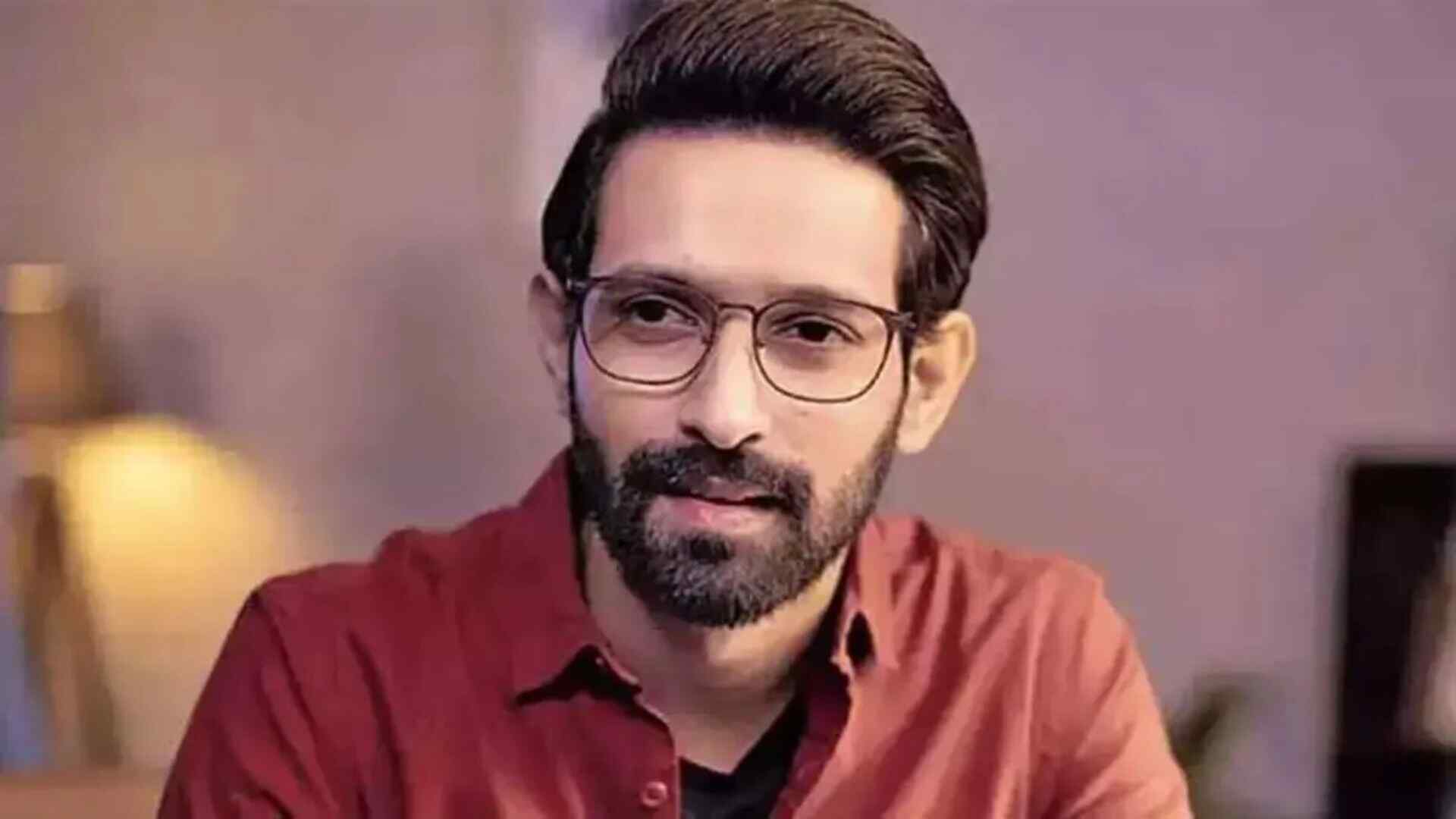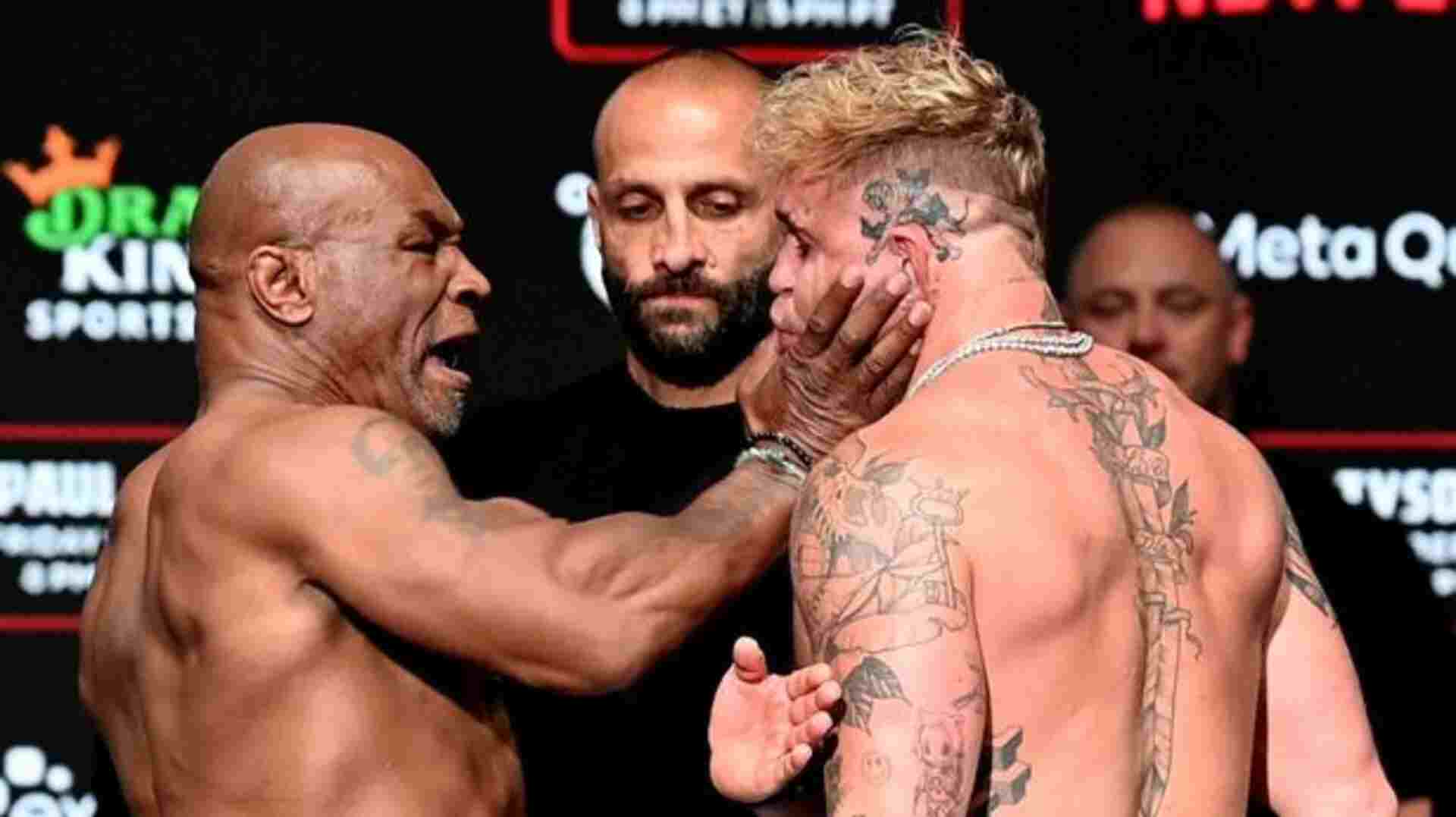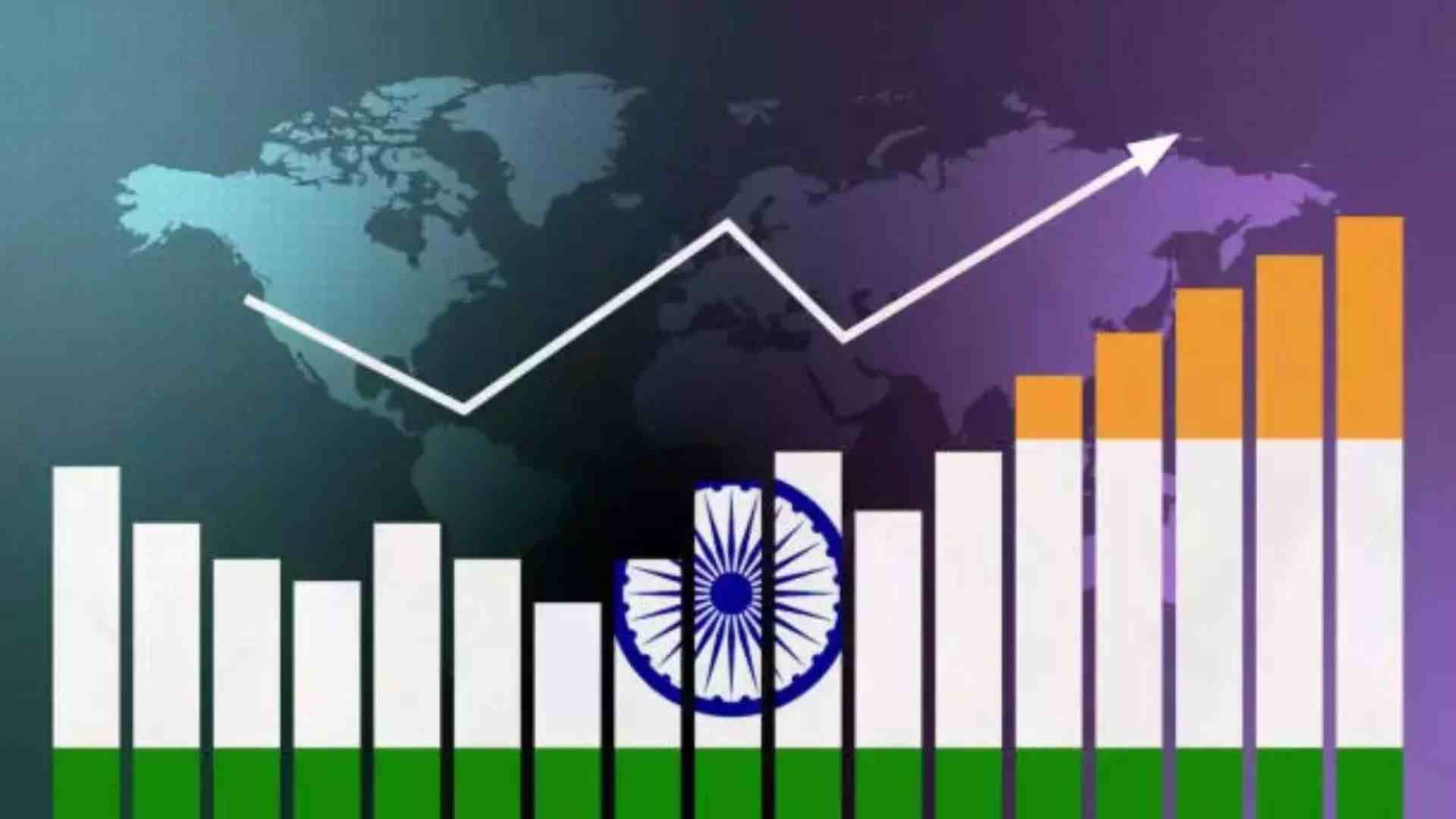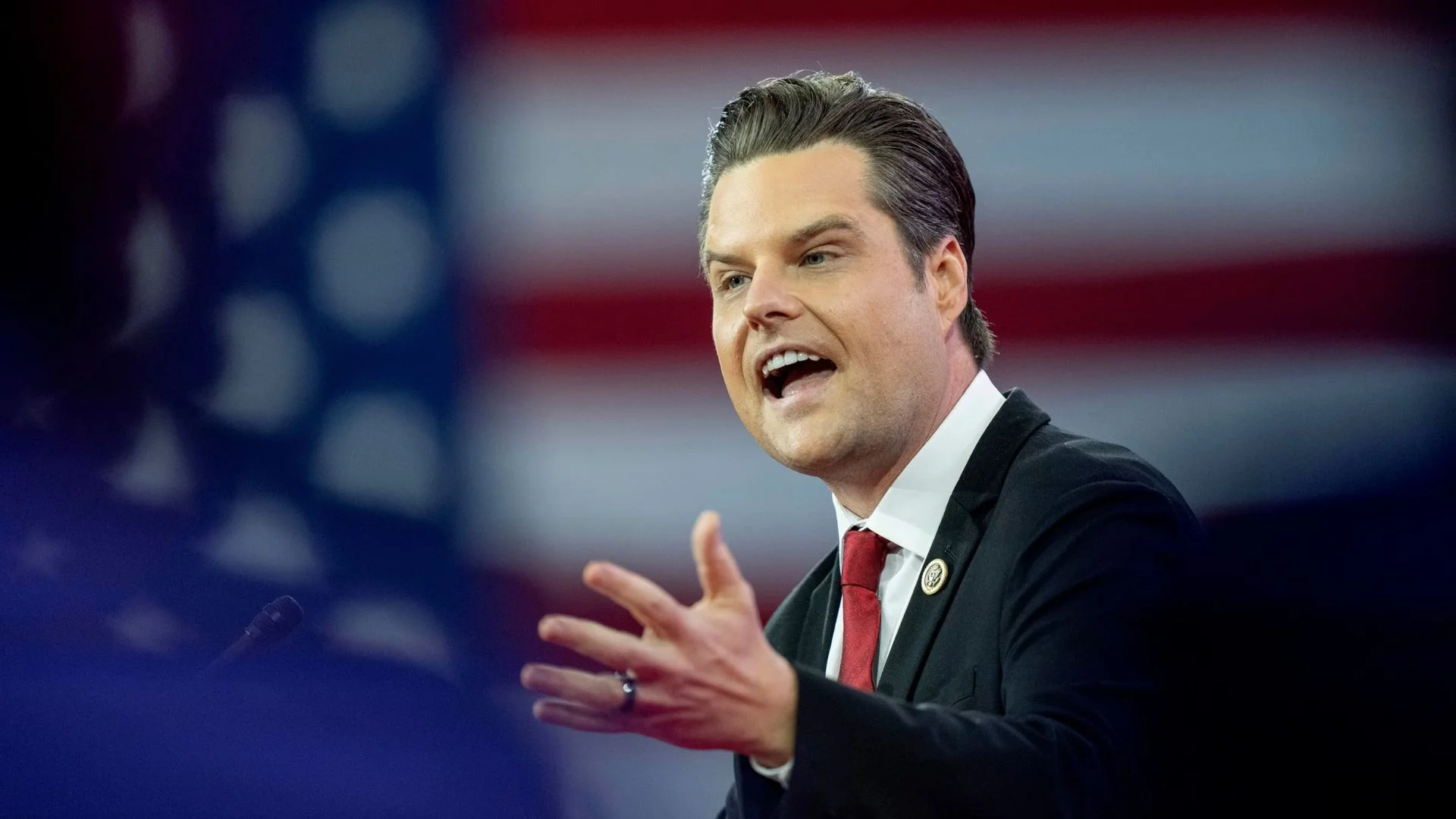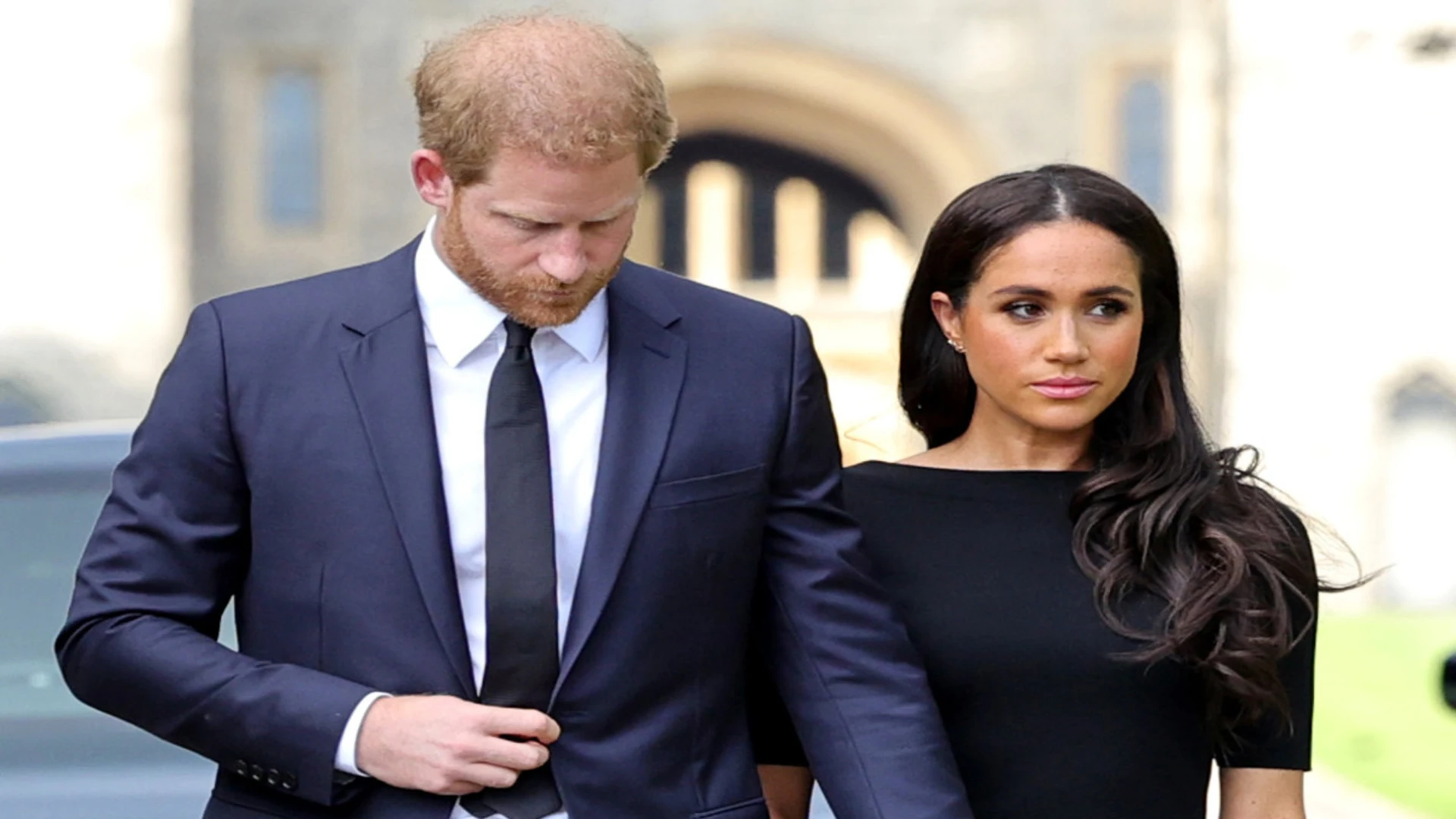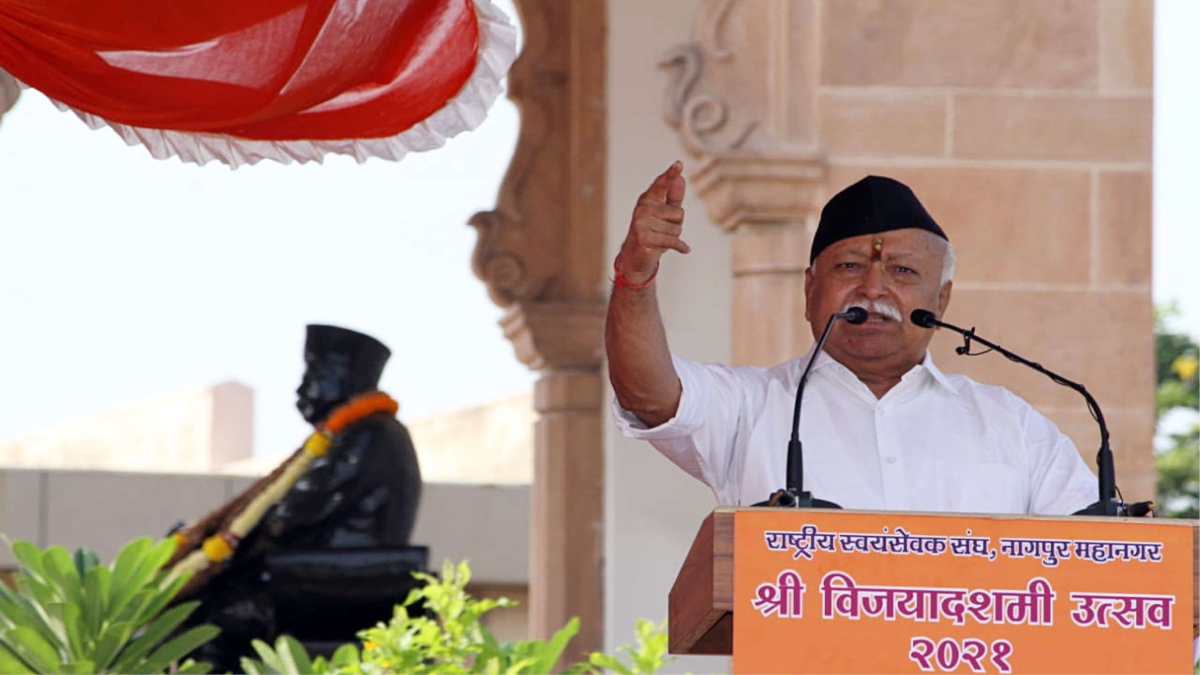
RSS chief Mohan Bhagwat’s statement on fighting radicalisation deserves the full attention of every Indian since it is basic to the survival of India as a secular democracy where people of various denominations co-exist peacefully with an inclusive mindset. Recognising and identifying the problem is crucial to finding a solution to it. If we keep our eyes closed imagining that the storm of irrationality would subside with time, we would do so at our own peril. This would drown us and devour the rich culture and civilisation that India prides itself on.
If there was a Ravan who was blinded by lust, there was a Purushottam Ram to counter him and establish dharma. If there was Duryodhan and Dhritrashtra of the Kauravas blinded by the lure of wealth and pride, there were the Pandavs and Krishn to establish dharma. It is this dharma that forced Chankaya to strengthen the mighty Magadha empire under Chandragupta and intimidate Sikander who was intoxicated by the dream of winning the world.
History has always found a hero who has demolished evil and established dharma and a just society. That is why we Indians celebrate most festivals as a victory of good over evil. But this process was somehow stopped when India was invaded by the Turks and the Mughals. The raiders from the North West frontiers in the 11th century and till the establishment of the Mughal Empire were lured by wealth, something about which Indians did not bother much and thought temples to be repositories of wealth and faith.
But invaders and raiders had other motives too. This was to spread Islam and subjugate the local population. Lakhs of temples containing idols were destroyed and mosques were built over many of them. Hindus were asked to accept Islam or face persecution. Lakhs were killed for not accepting the new faith. Absence of a Chanakya who could unite Indian Rajas under one banner and launch a counterattack was absent. These Rajas were happy demonstrating personal glories in fighting against the invaders or compromising with them in search of safety and security. It was Shivaji and the Marathas who later gave stiff resistance and prevented the Mughals from becoming an all-India phenomenon.
Persecutions and humiliations of Hindus did not deter them from following their faiths. The Mughals imposed Jazia on the non-Islamic population. Depending on their understanding of the Indian reality, the Mughal rulers were either benevolent or tolerant or despotic. But all of them sought legitimacy of their rule from scriptures and their interpreters and no problems relegating Hindus to the position of second-class citizens.
The British used all their guiles to keep Hindus and Muslims divided. When the two communities came together to fight the common enemy the British, the mighty Empire crumbled. But discrimination and favouritism by the British solidified the compartments and consolidated the Hindu-Muslim divide. Introduction of democracy where there would be Rule by numbers created fear among Muslims who thought they would be outnumbered by Hindus. The British were too keen to divide India into Hindu and Muslim nations and our leaders were too keen to accept.
The partition was an acceptance by our leaders that Hindus and Muslims are two nations and could not live together. Had they tried a little harder, partition could have been avoided. Pakistan that became a hotbed of terrorism in the name of Islam could have been saved from going this way if the monster was killed in the foetus. If Pakistan is the villain today, those who created Pakistan must share the blame for disturbing world peace. Islamic brotherhood and rule by Sharia with sanctions from the Quran have created a new wave of radicalisation of Islamic society.
Intolerance of adherence to others’ faiths and the feeling of Islamic supremacy has created a wedge as never before. Killing people in the name of religion by terrorists has made Islam the target of hate by other communities. Although apologists of Islam say Islam is a religion of peace, the much talked about peace is elusive even in Islamic countries. Studies say that close to 85% of victims of Islamic radicalisation have been Muslims.
India, which has the second-largest Muslim population in the world, has to find out its own way to fight this radicalism. Aggressive Islam driven by Puritanism is leading to the radicalisation of youths and it is producing a counter-radicalisation of Hindus. For Hindus, it is a matter of survival since it is the land of their origin. The issue is whether the culture would vanish like many others in the world before the onslaught from Islam. A disproportionate increase in the Muslim population opens up the issue of demographic change and the theoretical possibility of Rule by the Sharia. This is likely to produce a counter polarisation of Hindus.
Closing one’s eyes to the impending danger would not lead to the resolution of the crisis. The bull must be taken by the horn. If one does not agree, just visit the clubhouse or any other forum of discussion on social media. The favourite topic is Hindu Rashtra or Islamic radicalisation. So many of our youngsters are engaged in the discussion and they are not ready to take things lying down. They challenge the verses of the Quran that promote enmity between believers and non-believers. All India Shia Board member Wasim Rizvi has opened Pandora’s Box by questioning some of the verses of the Quran and people are discussing it threadbare. Why should hate verse be not analysed and removed, is the common argument.
Quran is infallible and it cannot be changed since these are words of God. But people ask how can God be contradicting Himself in the verses. God should be clear and consistent in what He is saying. Asking followers of Islam to question the faith is blasphemy. Hindus are supposed to be seekers and salvation is individual and can be achieved through various means including knowledge, bhakti, meditation and work. So, there are many Hindus who may question unabashed adherence to a faith. Can there be an open discussion on hate verses of religious texts?
Mohan Bhagwat’s assertion tries to find the middle ground while ignoring differences. The way to fighting radicalisation is to find common ground between the followers of two faiths and emphasise that rather than differences. And one way is to assert the Indianness of their identity at a time when a proliferation of communication is trying to create global Islam. Both Hindus and Muslims belong to the same ancestors and the same motherland. Hence their interest can’t be different.
It is not once but many times in the past the RSS chief has spoken about the DNA of both communities being the same. This means there should be no hatred based on religion. Two people can have different faiths and can live with unity and brotherhood. Nobody can be differentiated based on their ways of worship, he said during a book launch a few days back. His reference to extolling historical figures such as Akbar and Dara Shikoh and not Aurangzeb is born out of this understanding that while the former represents the Indian culture of peaceful co-existence, the latter represents the culture of the Turks and the Mongols who would use the sword to spread the faith.
Those Islamic leaders who did not believe in hate or Islamic supremacy and sacrificed their lives for the motherland need to be idolised. India has many such heroes who need to be extolled to make Muslim youths aware of them. This would also help Hindu youths to appreciate that all Muslims should not be put in one basket. Freedom fighter Ashfaqullah Khan of the Kakori fame had dreamt of a free India where the poor would live happily and fully satisfied. Every Indian irrespective of the faiths respect Dr APJ Abdul Kalam because of his contributions to strengthen the country.
But while mere stress on oneness and common grounds would be good optics, the Government would need to identify the ideology of radicalism and take steps to tackle them. It is time to have a common syllabus for imparting education irrespective of the institutions. Indians must have a common value system that stresses on dharma and righteousness. Radicalisation, as well as de-radicalisation, is a slow process and we must have the patience to make rationality win over hot-headedness.
And there should be no premium on hatred and terror. The arm of the law should be long and strong enough to punish the guilty irrespective of his faith or power in society. The NIA is doing a great job in nabbing terrorist modules and preventing terrorist activities that can polarise society. Society needs to be more vigilant and the State ruthless in suppressing violence of any kind.
The writer is the author of ‘Narendra Modi: the GameChanger’. A former journalist, he is a member of BJP’s media relations department and represents the party as spokesperson while participating in television debates.
India, which has the second-largest Muslim population in the world, has to find out its own way to fight this radicalism. Aggressive Islam driven by Puritanism is leading to the radicalisation of youths and it is producing a counter-radicalisation of Hindus. For Hindus, it is a matter of survival since it is the land of their origin. The issue is whether the culture would vanish like many others in the world before the onslaught from Islam. A disproportionate increase in the Muslim population opens up the issue of demographic change and the theoretical possibility of Rule by the Sharia. This is likely to produce a counter polarisation of Hindus.
